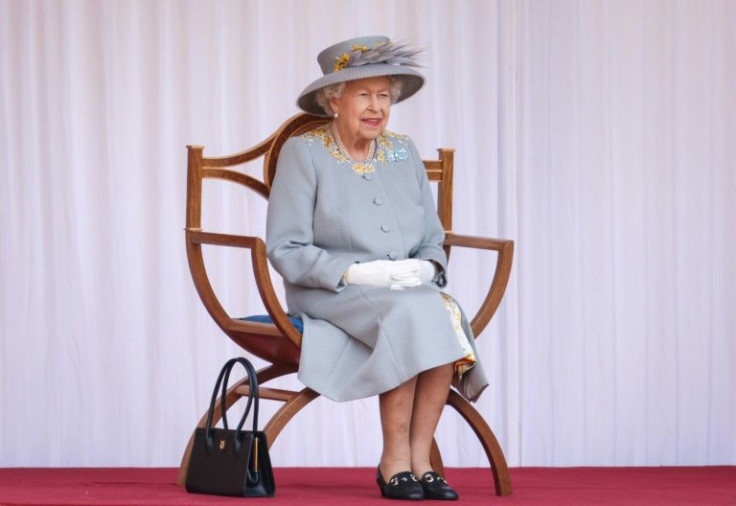Queen Elizabeth Upset About 3 Children's Divorces, Royal Biographer Claims
KEY POINTS
- The divorces of Queen Elizabeth II's three children upset her much more than she let on
- Her Majesty remained completedly steady during the "annus horribilis" and was never irritable
- Robert Hardman said the Queen's default mode in crisis was "stillness," which she learned from her late father
Queen Elizabeth II was very affected by the divorces of her three children, a new book has claimed.
Her Majesty, 95, enjoyed a 73-year marriage with Prince Philip before he passed away last year. However, three out of their four children —Prince Charles, Princess Anne and Prince Andrew — got divorced, and it upset the British monarch.
"Outwardly stoical, as ever, the Queen was finding the divorce talks deeply upsetting," Robert Hardman wrote in his upcoming biography "Queen of Our Times: The Life of Queen Elizabeth II" in the excerpt obtained by People. "Another former member of the Household recalls that every now and then, there would be a glimpse of her despair."
A former staffer told Hardman that the divorces "distressed her much more than she let on." The author also shared how he attempted to put the broken royal marriages into perspective and how the Queen responded.
"I said, 'Ma'am, it seems to be happening everywhere. This is almost common practice.' But she just said, 'Three out of four!' in sheer sadness and exasperation. One shouldn't underestimate the pain she's been through," Hardman continued.
The Queen endured a horrible year in 1992, which many called "annus horribilis." Many bad things happened that year, including the fire that destroyed part of Windsor Castle and the collapse of Prince Charles, Princess Anne and Prince Andrew's marriages. There were also a lot of scandals surrounding the Prince and Princess of Wales' split back then.
The Queen's former press secretary, Charles Anson, spoke with Hardman about the rough time in "Queen of Our Times," and he had nothing but praise for the monarch. According to him, Queen Elizabeth II remained stern amid the setbacks her family was going through at the time and was "never short; never irritable; completely steady."
"I don't remember a single occasion when I went to see her and she exclaimed, 'No! What next?'" Anston told Hardman. "The issue was sometimes embarrassing, but she got on with it. It is immensely reassuring in those situations to work for someone who isn't knocked back."
The Queen chose to be still amid the drama, an approach she reportedly learned from her father, King George VI.
"Her mother's strategy in these situations— to carry on as if they were not happening—had earned her the nickname 'imperial ostrich' among royal staff," Hardman added. "The Queen's response, as ever, was to follow the example of her father, absorbed from his days at sea, and to treat adversity like the ocean."
Hardman also spoke with Sir John Major, who worked with the Queen through the said period. According to him, Her Majesty lived by the doctrine "This too shall pass."
As Hardman recounted the difficult times the Queen endured, he remembered how the people would sometimes accuse her of being "slow to act" because they never saw a sign of panic on her. The author believed that was because the Queen's "default mode in the face of a crisis is stillness."
"Queen of Our Times: The Life of Queen Elizabeth II" will hit the bookshelves on April 5.

© Copyright IBTimes 2024. All rights reserved.






















